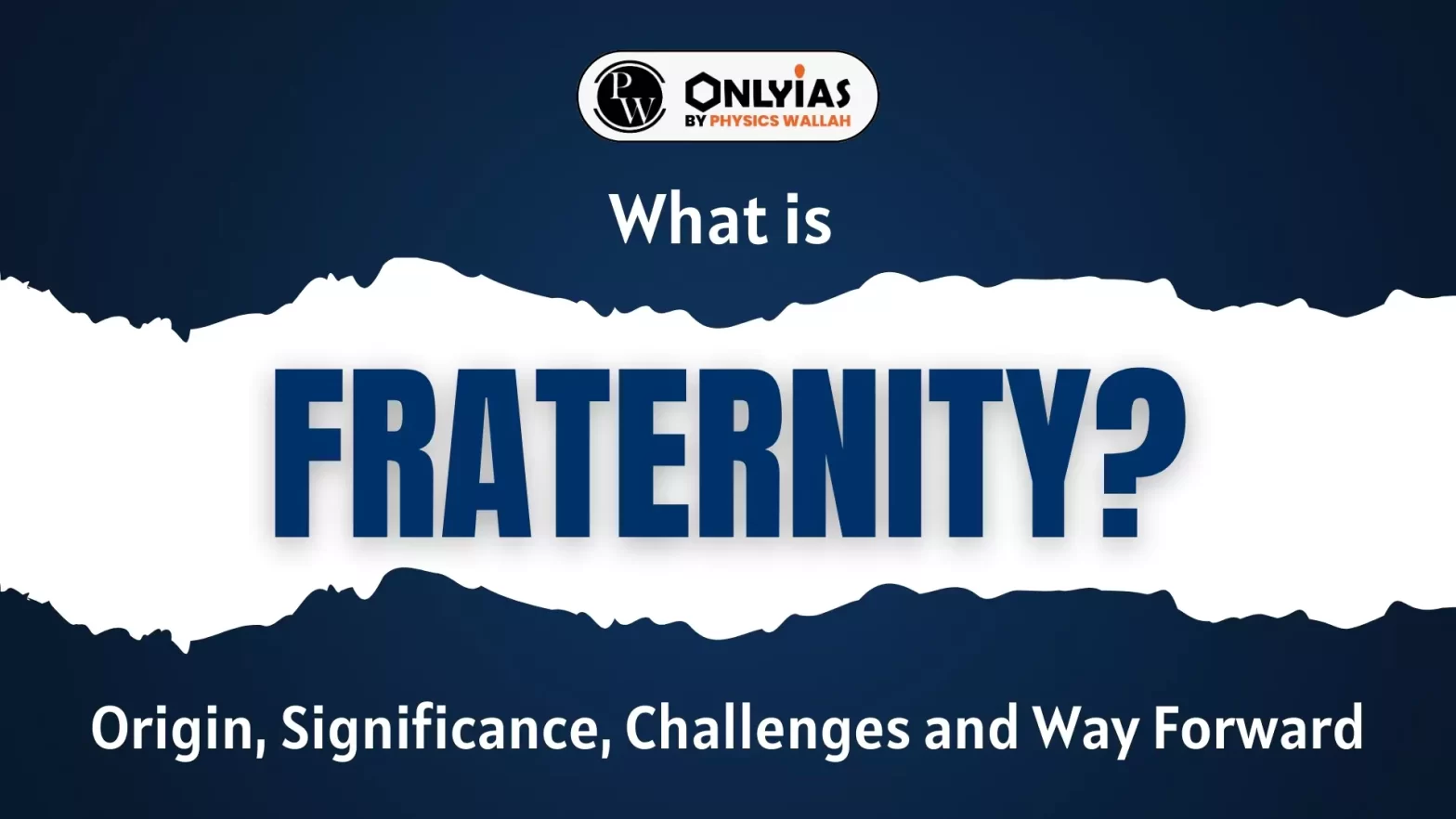![]() 30 Jan 2024
30 Jan 2024

This editorial is based on the news “Path of brotherhood will ensure India’s progress, says Mohan Bhagwat” which was published in the Hindu. The Rashtriya Swayamsevak Sangh (RSS) chief recently emphasised the importance of fostering ‘bhaichara’ (brotherhood) among people. He stressed that the nation’s citizens had given the Constitution to themselves, emphasising the need for upholding and abiding by its values.
| Relevancy for Prelims: Fraternity In Indian Constitution, Constitution Of India, Preamble Of The Indian Constitution, and Republic Day 2024.
Relevancy for Mains: What is Fraternity?- Origin, Constitutional Provisions, Significance, Challenges and Way Forward. |
|---|
| Must Read | |
| NCERT Notes For UPSC | UPSC Daily Current Affairs |
| UPSC Blogs | UPSC Daily Editorials |
| Daily Current Affairs Quiz | Daily Main Answer Writing |
| UPSC Mains Previous Year Papers | UPSC Test Series 2024 |
<div class="new-fform">
</div>
